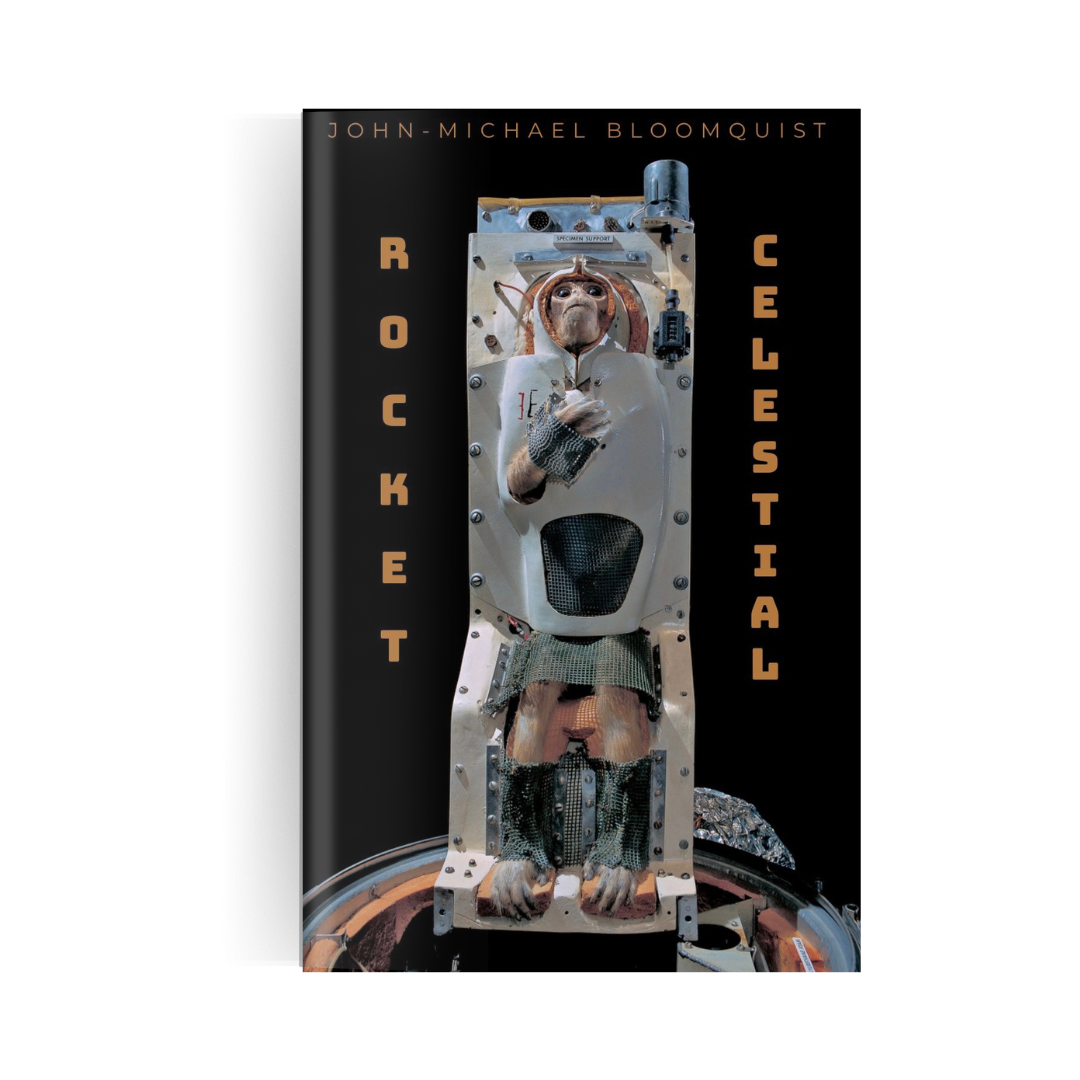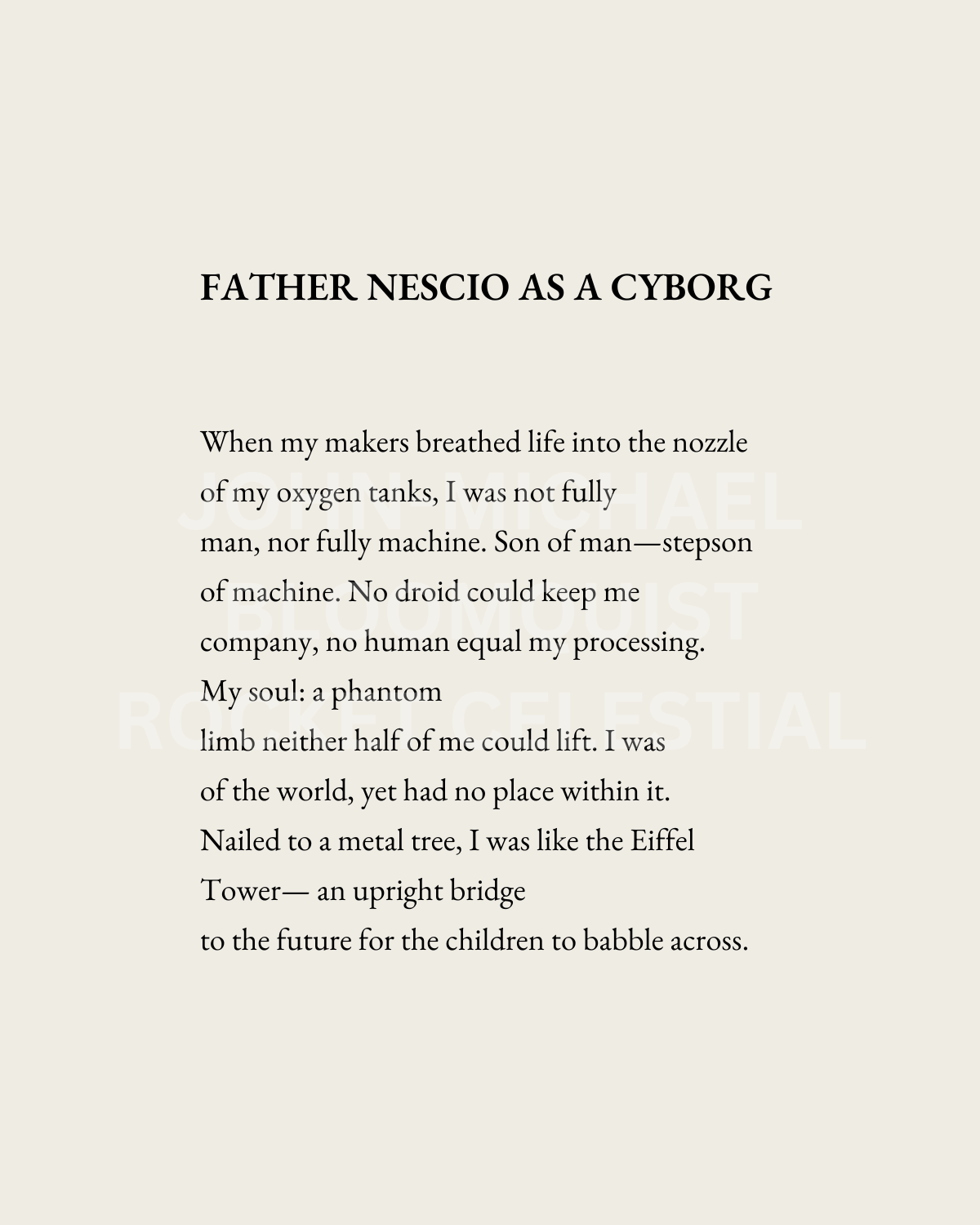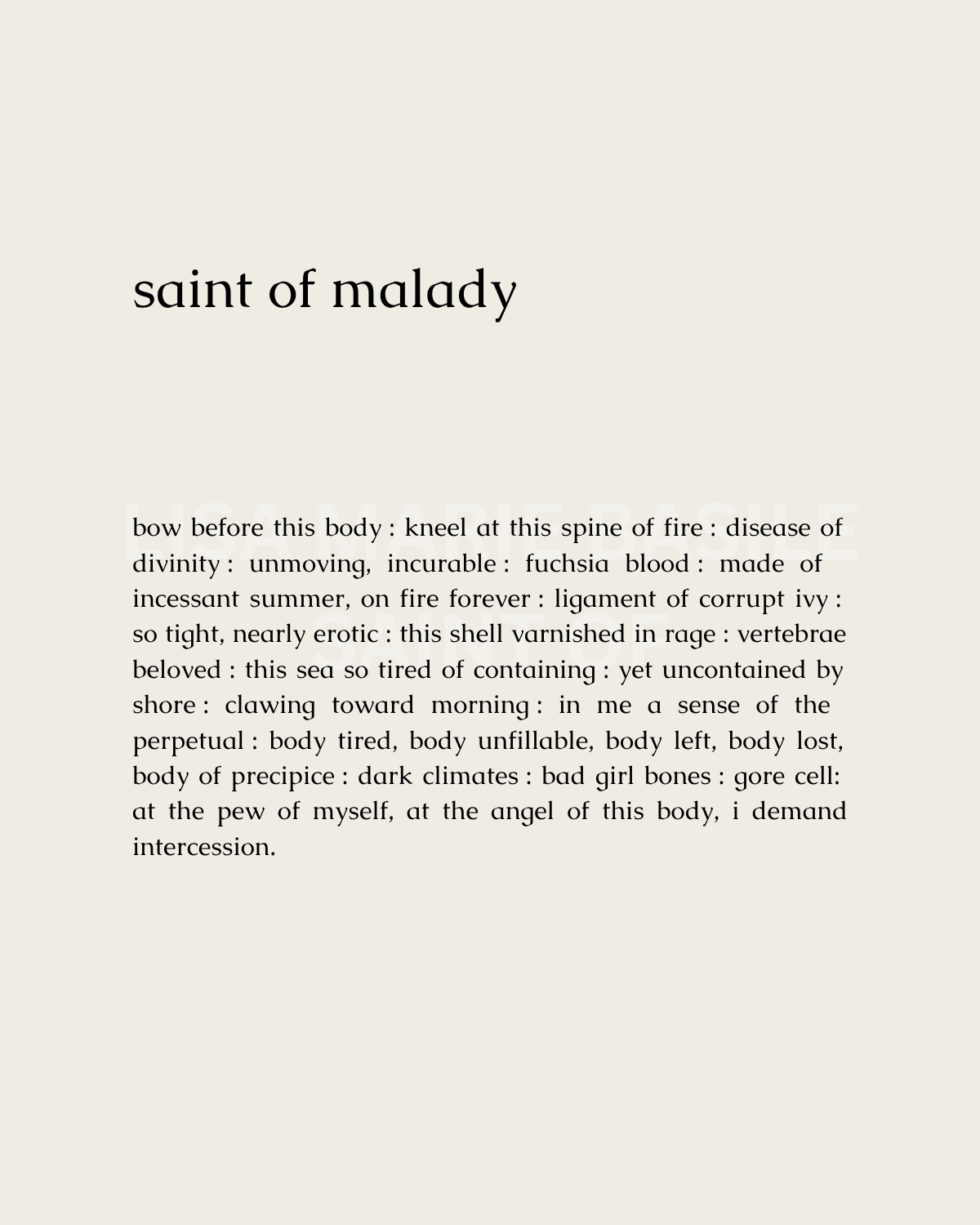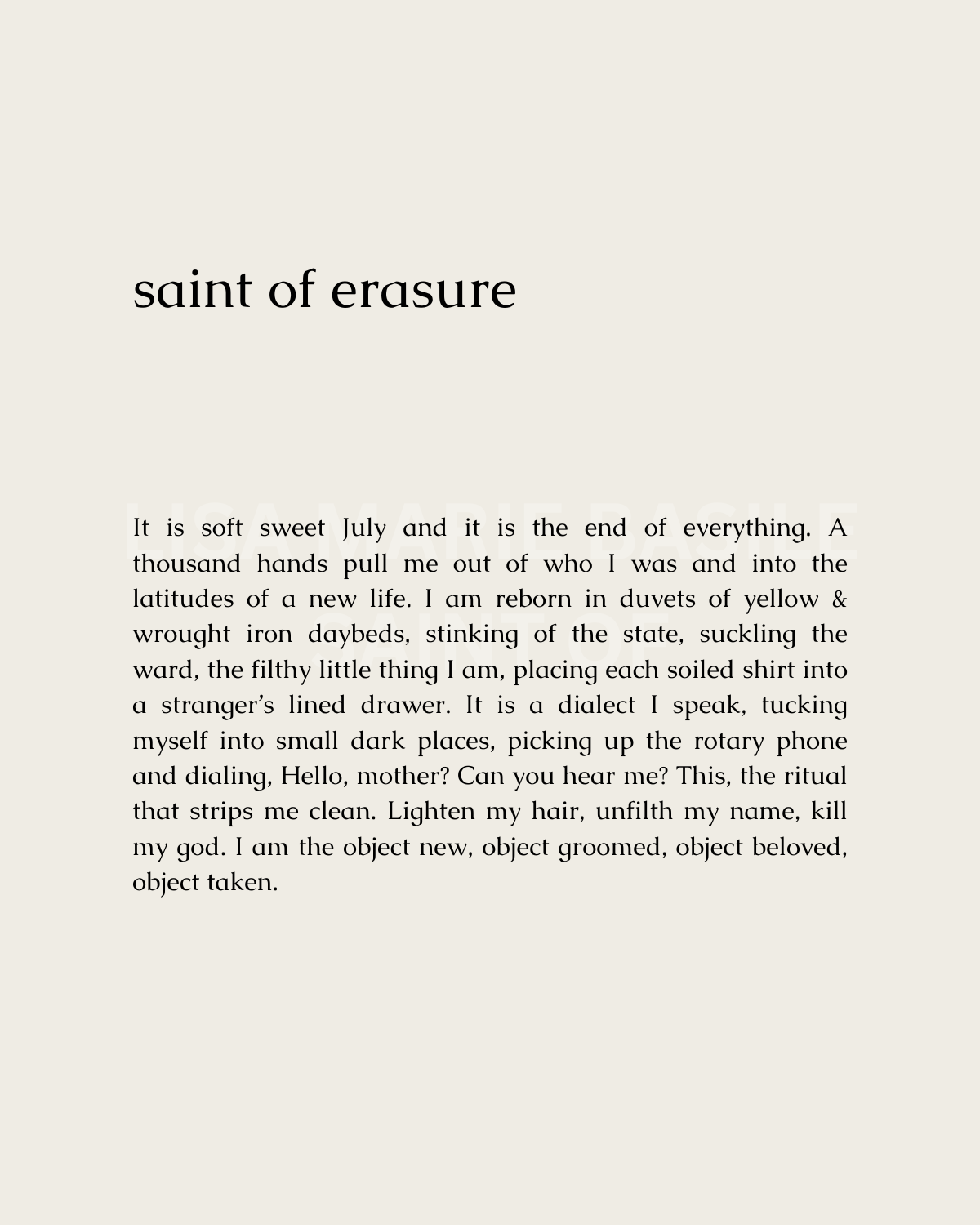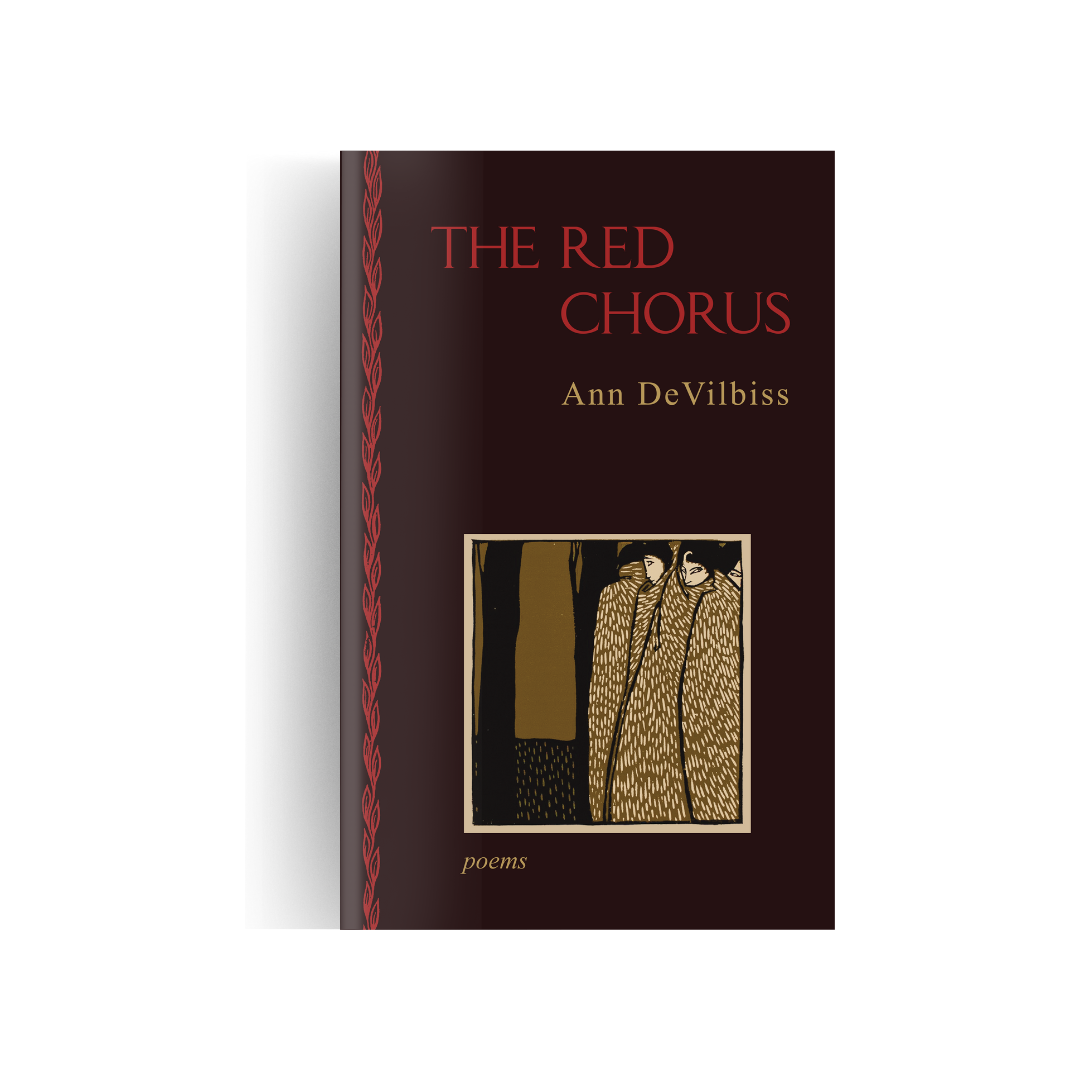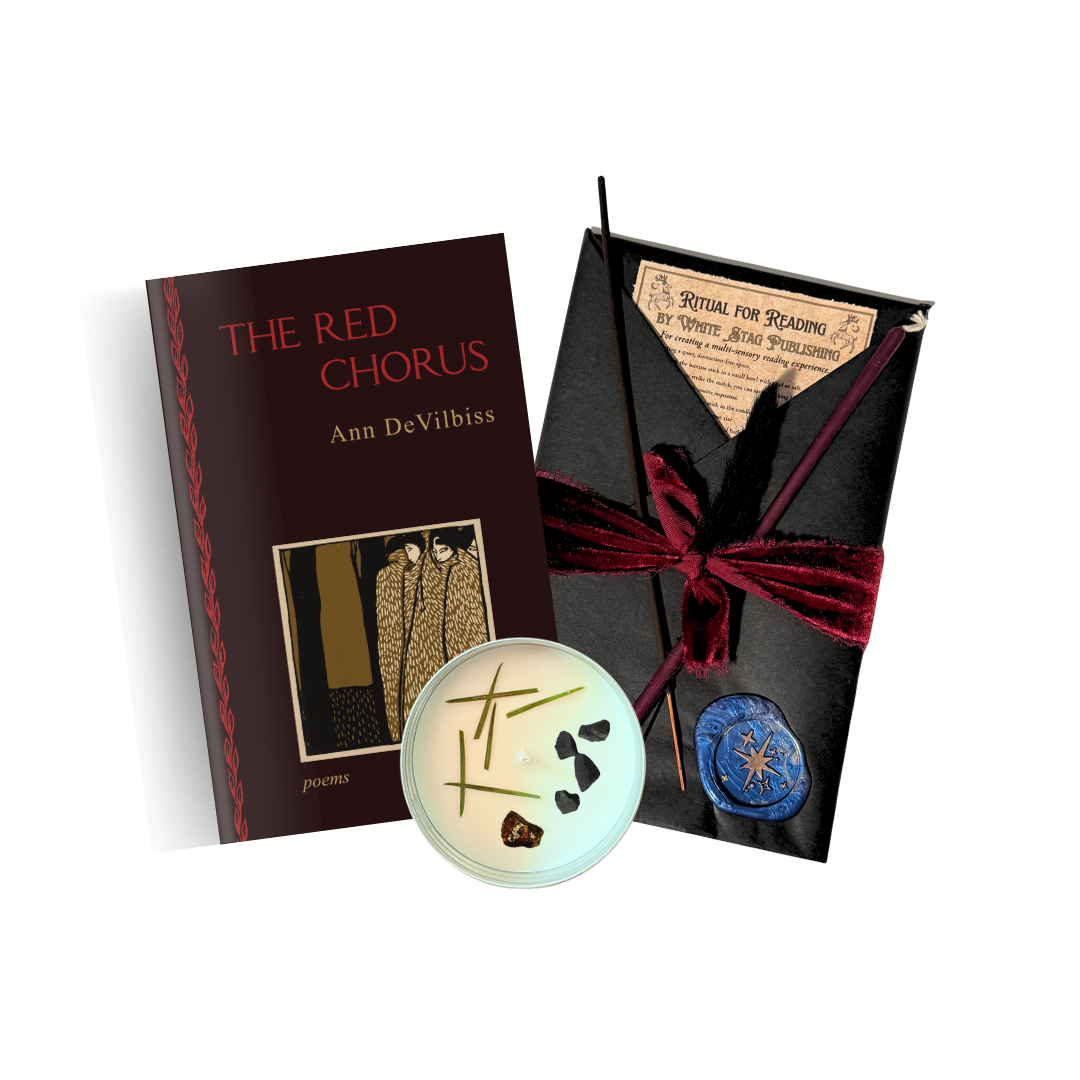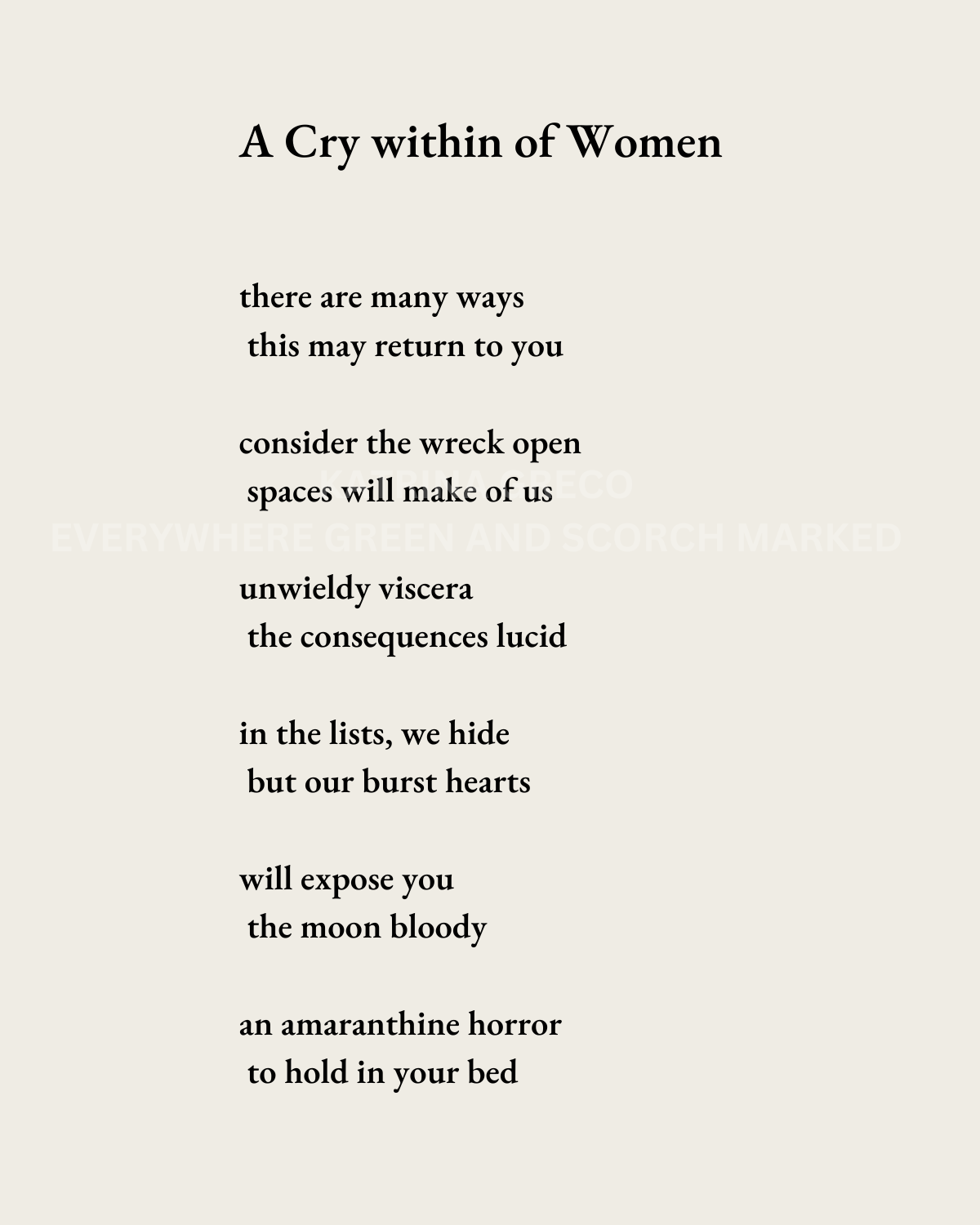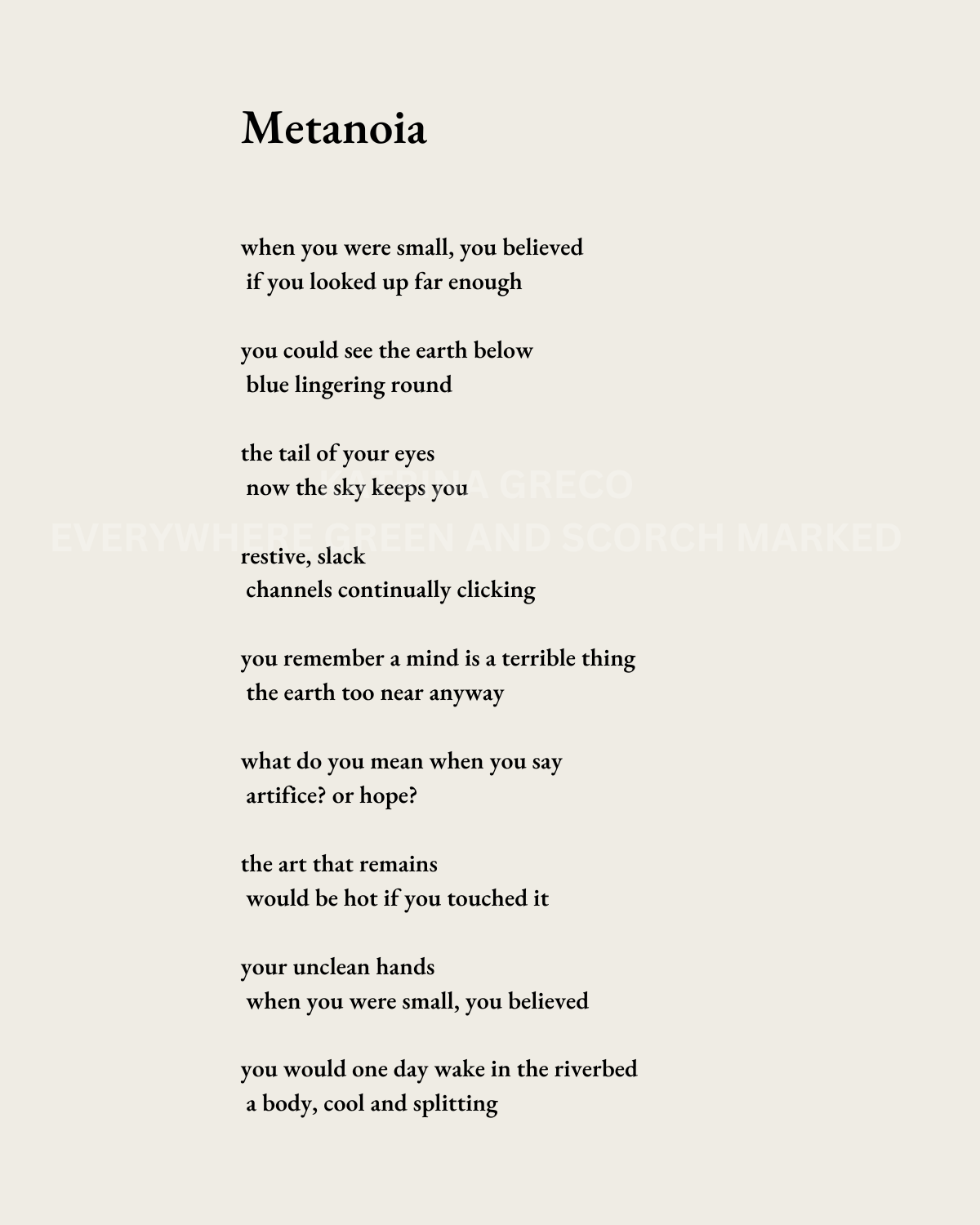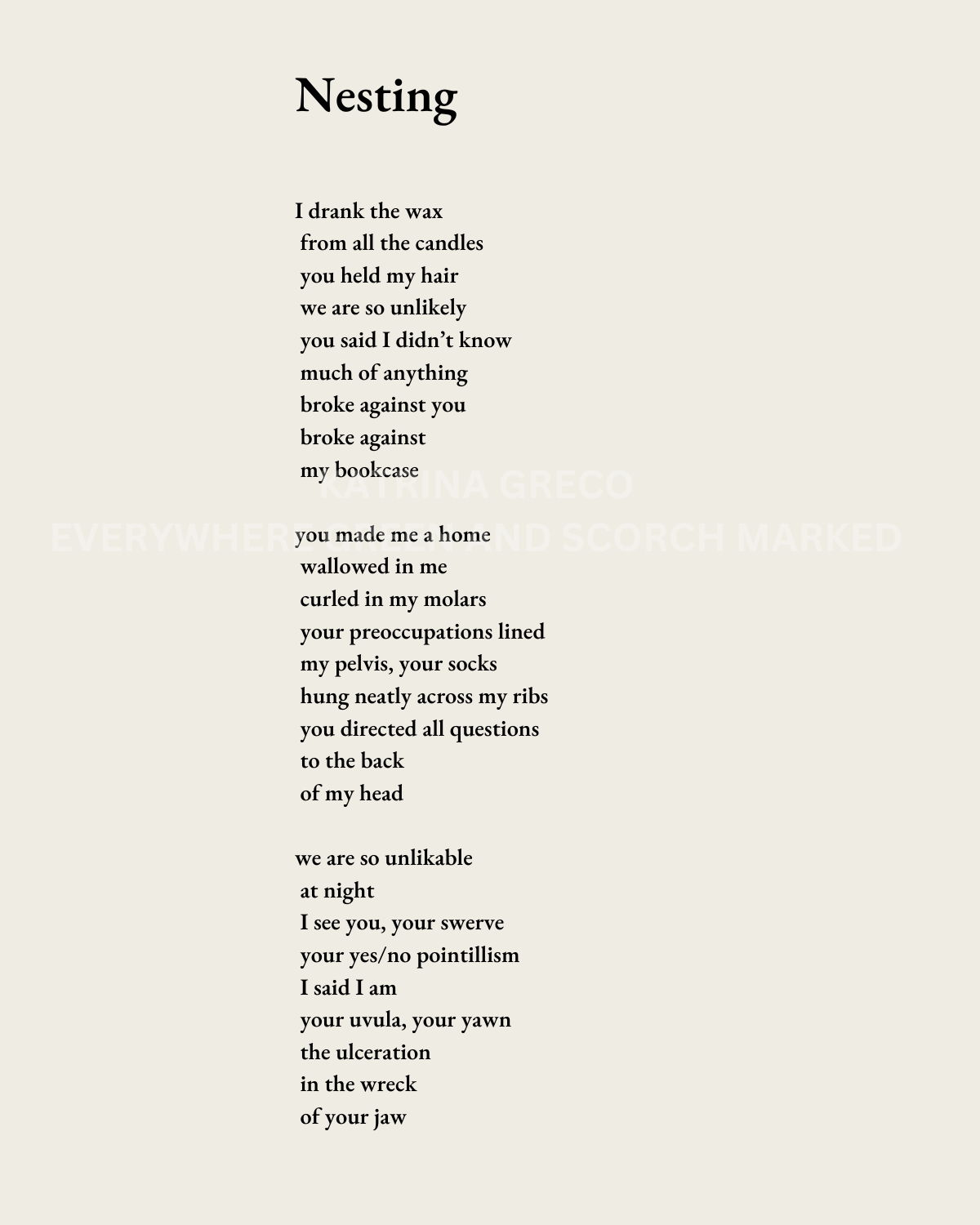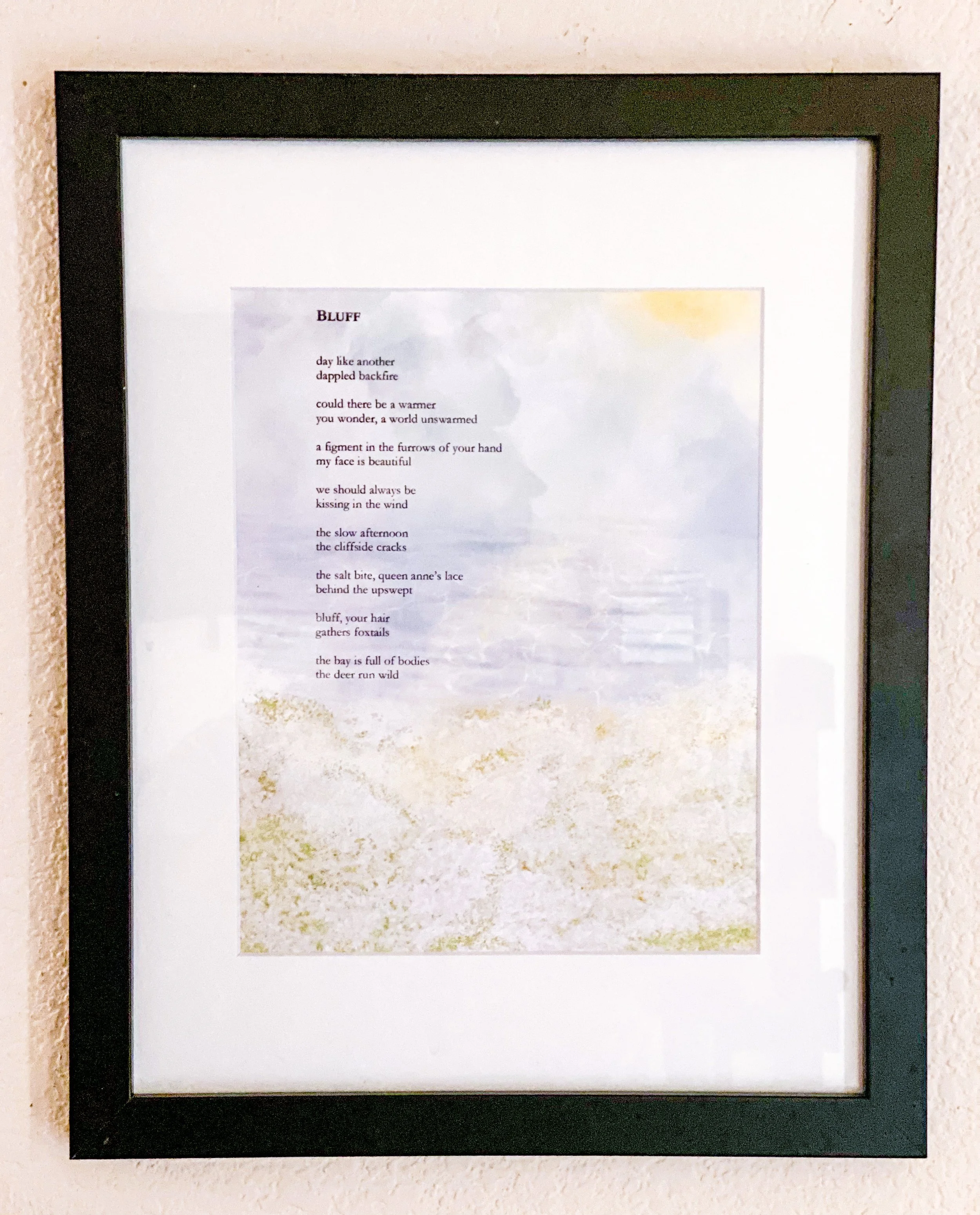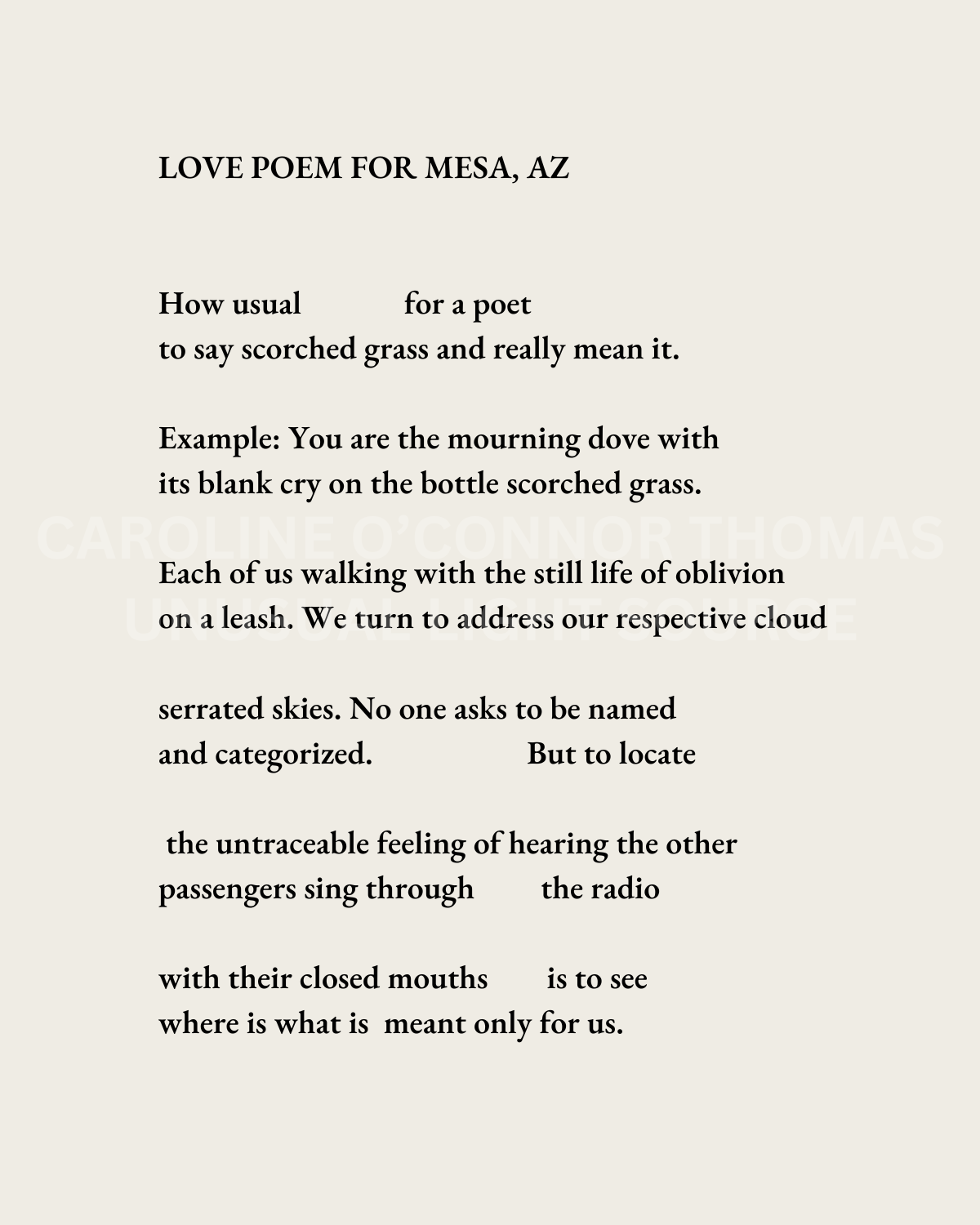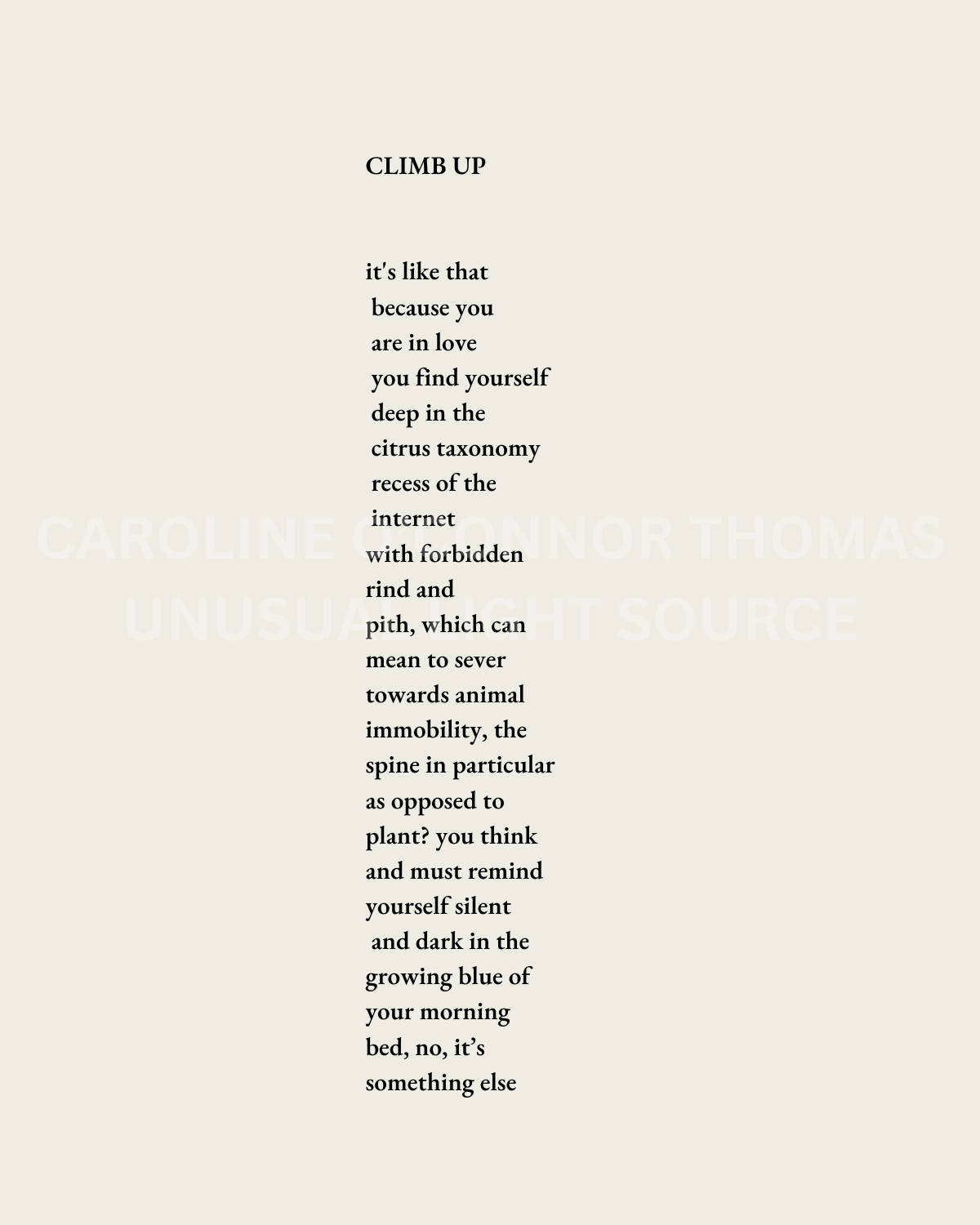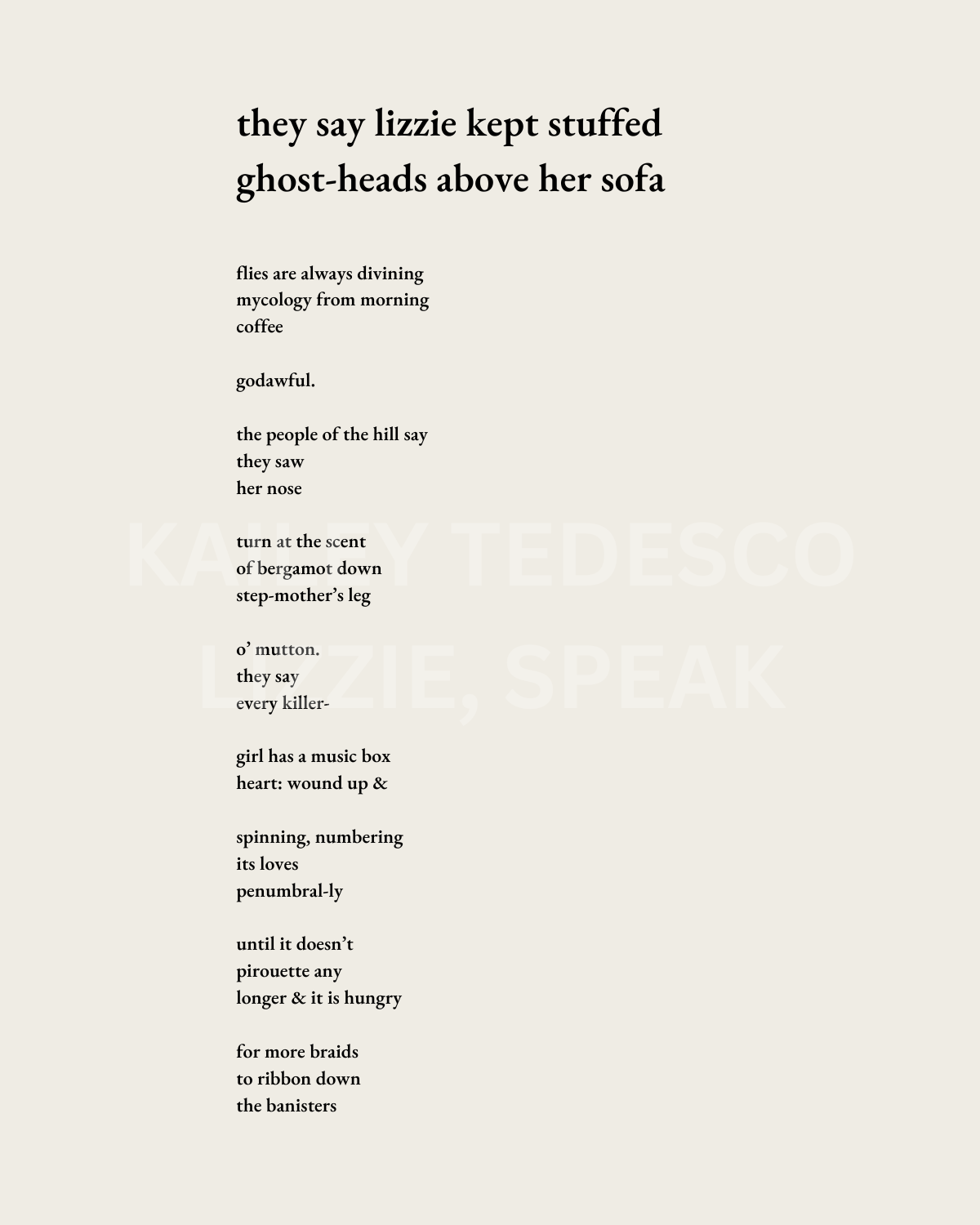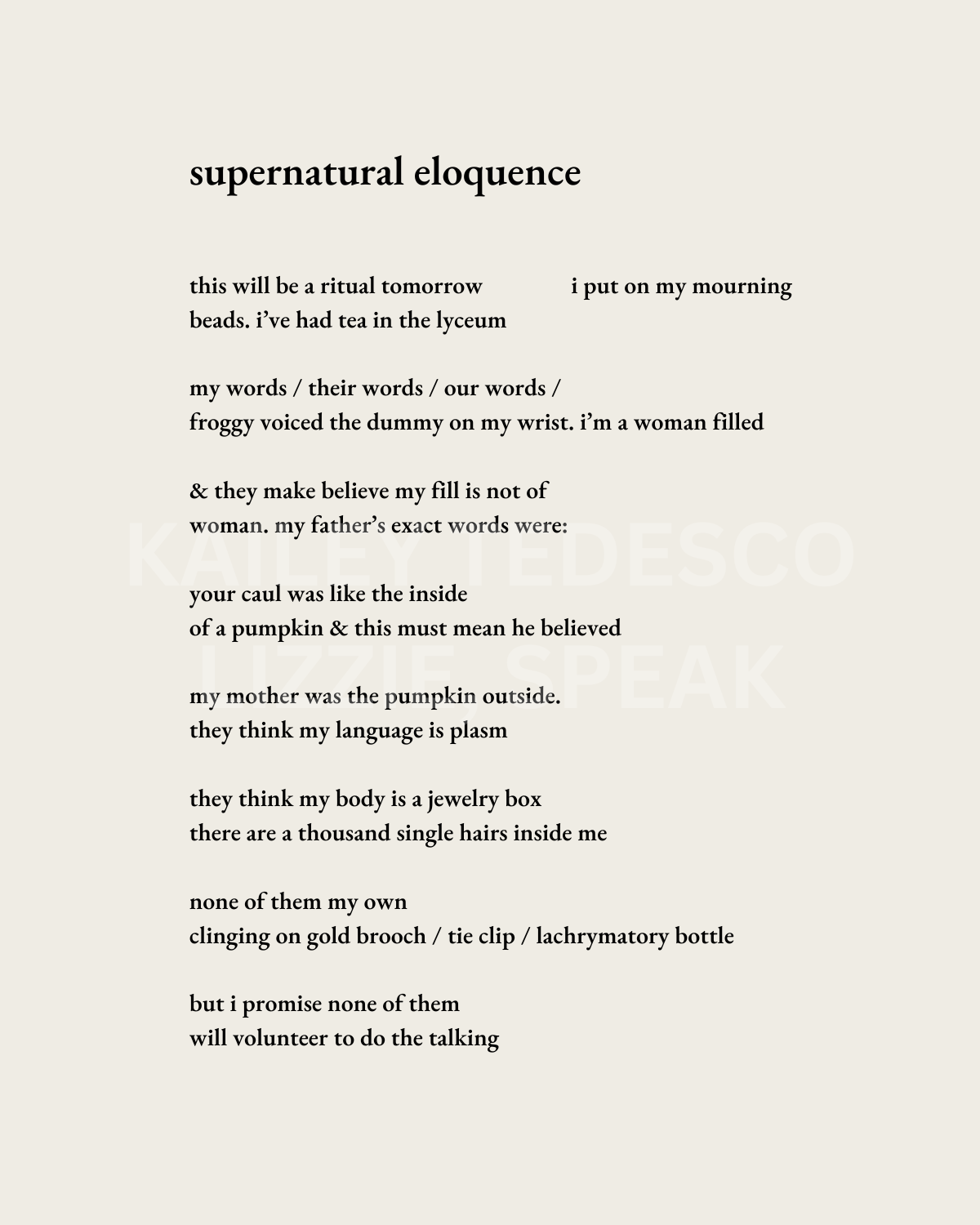“Jupiter’s Moons” Soy Wax Candle by Marvel + Moon
Comes in a 4oz. tin
“This fragrance journeys to you from the moons of Jupiter as inspired by “Elliptical Hymns To The Major Moons of Jupiter.” This aroma is deep yet dares to defy gravity with its powdery accords— like the swirling anticyclonic storm beating red at the planet’s center. Within this candle orbits a semilunar ballet of amber, musk, and saffron aroma. Spark a flame to this wick and retreat into the “endless Valhalla that envelops the song woven on the golden shuttle of the stars.” Be gilded. Be astronomic. Sink and then rise among the celestial incantations of aromatic verse. (Trista from Marvel + Moon)”
SCENT NOTES: Amber. Dark Musk. Bergamot. Rich Saffron. Tonka Bean. Patchouli. Powder.
ADORNMENTS: Elderberries to represent the moons of Jupiter with a swirl of bronze mica powder.
QUOTES ABOUT THE BOOK:
Perhaps the last holy prayer proper to utter is I don’t know. Or so Bloomquist’s pensive and probing debut makes me suspect, guided by one of the primary speaker’s within Rocket Celestial’s pages, Father Nescio (Latin for “I don’t know”), whose prayers approach God warily, but approach nonetheless, all too aware of “how dangerous it is to love you.” The dangers of our love are the undersong of this vision. God’s omnipotence hovers above us like a grape above Tantalus—that in learning to know, one could know all. So it is we find in our hands a book of revelatory skepticism, unearthing within our reach for the stars themselves the hypocrisy of our ambitions, where the death of others—be it fruit-flies in nosecone, dog in orbit, cat in rocket—are sacrifices deemed necessary for human “advancement.” Worse, Bloomquist points up at the sky to remind us how the first rockets were built to come back down, the buzzing of the German V-2, Jews in concentration camps forced to build the instruments of these masters of death, rockets whose blueprints helped us land on the moon. History can’t be corrected, but it can be seen. Maybe there’s a lesson there. Maybe poems such as these can teach us to look up at the stars and resume our humble, earthly lives, content with mystery, happy to not know.
—Dan Beachy-Quick, author of Arrows
Rocket Celestial is a spooky, trippy, philosophical, and spiritual exploration of what lies both within and beyond the boundaries of bodily experience. It is a book that maps the triumphs of human ingenuity and warns us of the dangers curiosity, science, and pride may impose upon the future of humanity. Bloomquist’s poems stretch across time and space in search of “a transcendence / into the the womb of being, a vision of how we belong.
—Dexter L. Booth, author of Scratching the Ghost and Abracadabra, Sunshine
Beyond the content itself, I can state, with admiration and awe, that the voices in this book—“Who if I called out among the celestial / orders would hear me but you”—could be the result if Rilke and Carl Sagan had raised a poet and made St. Francis the godfather.
—Dr. Hugh Martin, author of In Country and The Stick Soldiers
So few poets can move across time and language as convincingly as Bloomquist does here: There are poems set in a historical past juxtaposed with those of a speculative future, but never at the expense of our always imperative present. This is a sublime debut—a book that asks us what it means to live on this rock among so many stars.
—Michael Shewmaker, author of Penumbra and Leviathan
Rocket Celestial is a linguistic cabinet of curiosities in which poetry, science fiction, and scripture converge. It sees collisions of contraries—heaven and earth, science and religion, faith and skepticism, damnation and redemption—a big bang of inverses that becomes its own dystopian cosmogony. This is the music of the spheres held in cognitive dissonance, with a willingness to believe in anything and a steadfast belief in nothing, transcending all dreamt in our philosophy.
—Kim Vodicka, author of Elvis Machine and Dear Ted
Bloomquist has created something truly special in this book. It is poetry for the Space Age—and those of us who live in this singular moment.
—Frank White, author of The Overview Effect: Space Exploration and Human Evolution
